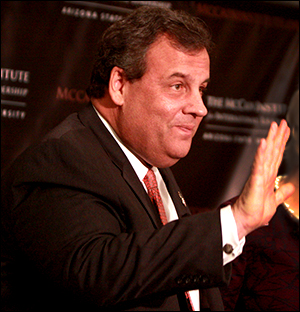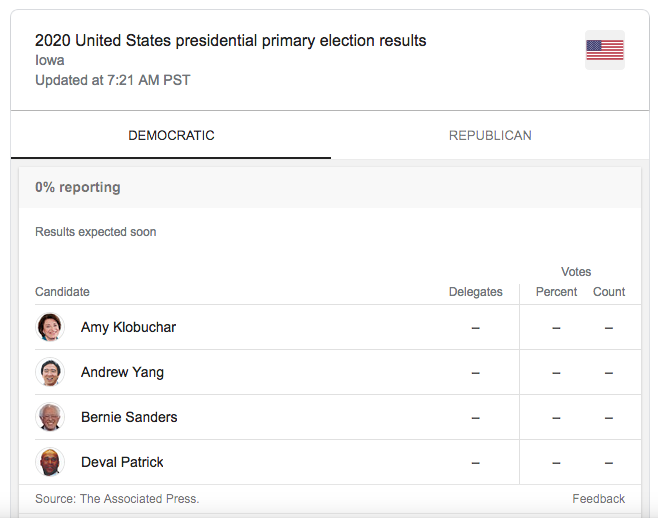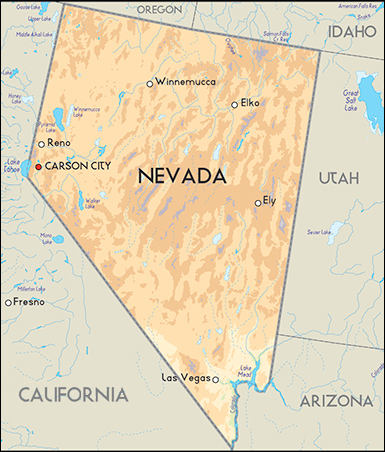By Jim Ellis — Friday, Jan. 12, 2024
President

Former New Jersey Gov. Chris Christie (R) exits the presidential race. / Photo by Gage Skidmore
The ex-governor was a factor in New Hampshire, however, where the campaign will move after Iowa. Some polls are showing former UN Ambassador Nikki Haley gaining on former President Donald Trump with Christie recording double digit support in third place. Without him on the New Hampshire ballot, it is possible that Haley will see a bump in her support.
Even if she were to score an upset in New Hampshire, the big showdown would come in Haley’s home state of South Carolina before an electorate that twice elected her governor. At this point, however, her support appears to be lagging well behind Trump.
Democrats: Candidates Already Preparing for 2028 — Headed toward a 2024 rematch between President Joe Biden and former President Trump means that the 2028 presidential race will be open since neither man will be able to seek re-election in four years. Already, we see several Democratic governors making moves in anticipation of that impending campaign. Govs. Wes Moore (D-MD) and Andy Beshear (D-KY) have each formed federal political action committees to help Democratic candidates around the country, and Gov. Gavin Newsom (D-CA) has been running a national media effort for months.
Senate
New Mexico: Republicans Get Party-Switcher Candidate — Former Bernalillo County Sheriff Manny Gonzales announced that he is leaving the Democratic Party and will challenge Sen. Martin Heinrich (D) as a Republican. The move gives the Republicans a well known candidate, but this is still a long shot GOP conversion opportunity. If the Republicans are to maximize their opportunities on a favorable Senate map, however, they need to put more seats in play.
Heinrich, after serving two terms in the US House and one on the Albuquerque City Council, was elected to the Senate in 2012 and re-elected in 2018. Sen. Heinrich averaged 52.5 percent of the vote in his two successful statewide runs.
House
MI-8: Republican Changes Mind — Michigan state Rep. Bill G. Schuette (R-Midland) last week announced that he would enter the open 8th Congressional District race, but this week he has changed his mind. Now, Schuette says he will run for re-election to the state House. The move may suggest an opening of the door for his father, former attorney general, appellate judge, US congressman, and US Senate nominee Bill Schuette to run for the open 8th.
Since the 8th CD is a politically marginal district and will host one of the most competitive congressional races in the country, we can expect both parties to invest heavily in the 2024 campaign. Democrats already have several strong candidates, such as state Sen. Kristen McDonald Rivet (D-Bay City), the national Democratic establishment choice; Michigan Board of Education president Pamela Pugh; Flint Mayor Sheldon Neeley; and former Genessee County Democratic Party chairman Dan Moilanen.




 Aug. 22, 2019 — The Nevada Caucus is third on the presidential nomination schedule and it appears the Silver State nomination event will carry more weight than it has in past elections.
Aug. 22, 2019 — The Nevada Caucus is third on the presidential nomination schedule and it appears the Silver State nomination event will carry more weight than it has in past elections. 